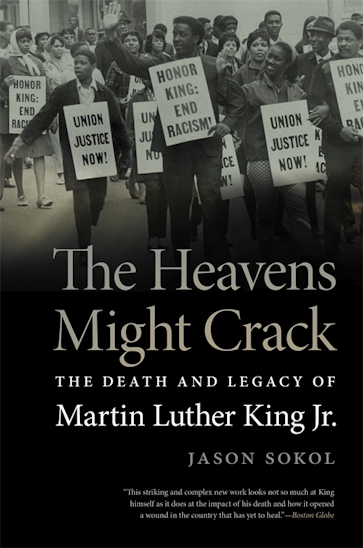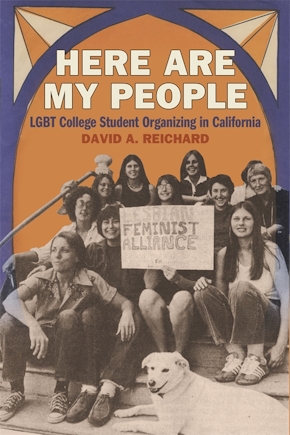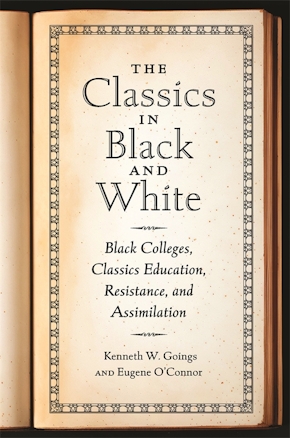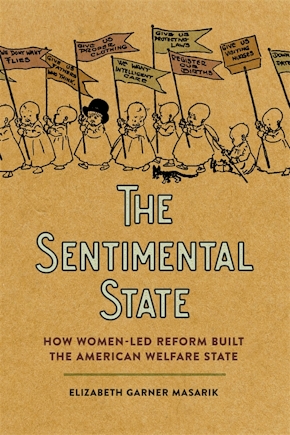The Heavens Might Crack
The Death and Legacy of Martin Luther King Jr.
Title Details
Pages: 352
Illustrations: 15 b&w images
Trim size: 6.000in x 9.000in
Formats
Paperback
Pub Date: 11/01/2023
ISBN: 9-780-8203-6554-1
List Price: $24.95
Subsidies and Partnerships
Published with the generous support of Sarah Mills Hodge Fund
Related Subjects
HISTORY / United States / 20th Century
SOCIAL SCIENCE / Violence in Society
SOCIAL SCIENCE / Race & Ethnic Relations
The Heavens Might Crack
The Death and Legacy of Martin Luther King Jr.
How MLK’s assassination acted as a tipping point in America’s racial history
Skip to
- Description
- Reviews
On April 4, 1968, Martin Luther King Jr. was fatally shot as he stood on the balcony of the Lorraine Motel in Memphis. Today, his murder is seen as a national tragedy, a moment of collective shame. Yet at the time, King was a polarizing figure—scorned by many white Americans, worshipped by some African Americans and liberal whites, and deemed irrelevant by younger blacks—and his assassination was met with uncomfortably mixed reactions. In The Heavens Might Crack, historian Jason Sokol traces these diverse responses, shedding new light on a moment when our highest ideals were brought low.
Riots tore through American cities while some whites celebrated King’s death. The effects rippled across the globe, from London to Johannesburg, and in Washington, DC, his murder spurred major gun control legislation. King’s assassination acted as a tipping point in the nation’s racial history. Just a few years prior, with the enactment of landmark civil rights laws, peaceful progress toward equality seemed probable. With King’s death, most agreed that the final flicker of hope for a multiracial America had been extinguished. The assassination exposed an enduring white racism and contributed to a rising militancy among African Americans. In the place of hope, outrage and indifference, anger and apathy reigned. King’s ideal of the beloved community dissolved into a fanciful dream.
A deeply moving account of a country coming to terms with an act of shocking violence, The Heavens Might Crack reveals how King’s assassination shaped his own legacy—from a controversial figure in 1968 to a canonized hero today—and the course of the civil rights movement and race relations in America.
—Boston Globe
—Washington Post
Drawing on archival sources, oral histories, interviews, and local, national, and even college newspapers, Sokol offers a richly detailed analysis of the impact of King's death on blacks and whites of all stripes. . . . A revealing examination of how a 'courageous dissident' became a martyred saint.
—Kirkus Reviews
—Library Journal, starred review
—Publishers Weekly
—Peniel E. Joseph, author of Stokely: A Life
—New York Review of Books
—American Historical Review
Beginning with the day of King's murder, when most historical accounts of Martin Luther King end, Sokol underlines how King's death shaped our future and reveals why his assassination was far more than the death of one man. In vivid prose rooted in deep, wide-ranging research, The Heavens Might Crack is an indispensable read for all who would comprehend the past and care for our future.
—Harvard Sitkoff, author of King: Pilgrimage to the Mountaintop
—Nick Salvatore, Maurice and Hinda Neufeld Founders Professor of Industrial and Labor Relations and Professor of American Studies, Cornell University



